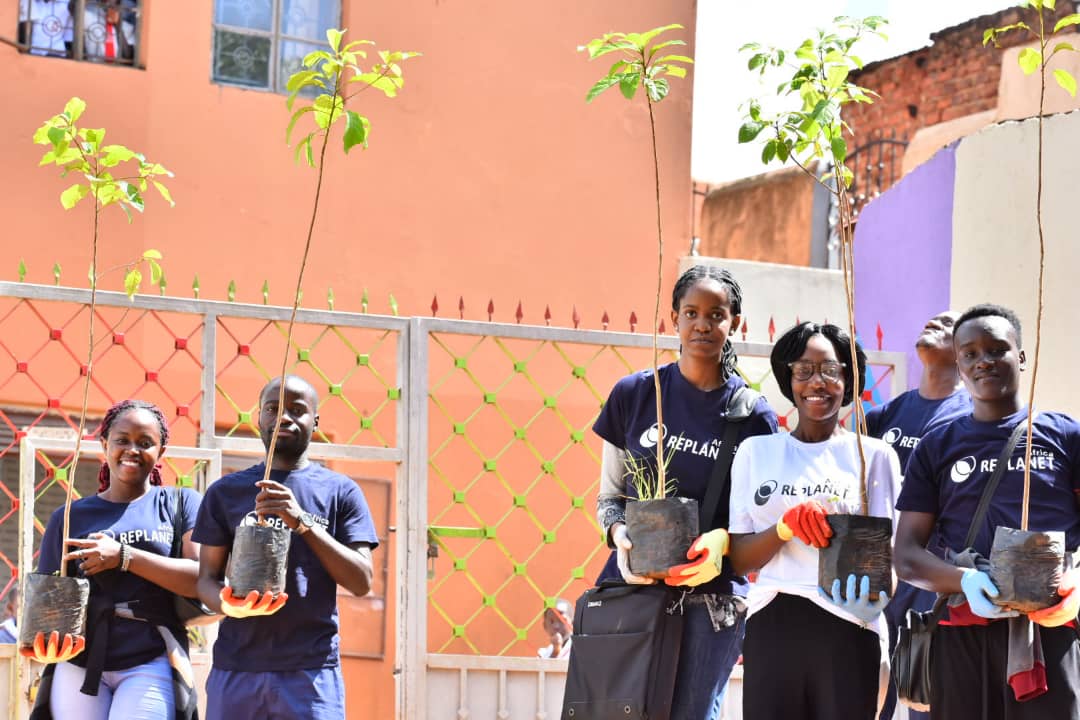Women should be empowered to take the lead in responding to climate change- Judith Heard
Miss Environment Africa International 2022, Judith Heard, has advocated for women's empowerment so that they can take the lead in responding to climate change disasters that disproportionately affect them.
Heard stated that when natural disasters such as floods require evacuation, women bear the brunt of gender-based violence, with some even being raped.
Keep Reading
These remarks were made by the current Miss Environment during a Youth Panel Discussion on Climate Change, Migration, and Youth Engagement.
The discussion was part of the ongoing regional Inter-Ministerial Conference on Migration, Environment, and Climate Change at the CommonSpeke Resort in Munyonyo.
“This topic is close to my heart because I am a rape survivor. Whenever there is a climate change-related emergency, you will have people running from one area to another, and no mother will stay in that area that has been affected because they want the best for their children," Heard said.
"Women and children are always at a disadvantage because they are raped during emergencies.”
She proposed that the government economically empower women so that they can take the lead not as victims but as leaders in the face of climate-change-related disasters.
Heard contends that the climate change crisis is also a child rights crisis because it places women at the forefront of climate change-induced migration and displacements.
"They frequently face difficulties during migration and displacement, and the government must devise measures to ensure their protection,” she said.
The youth panel discussion was moderated by Rose Kobusinge, a Ugandan Environmental Change graduate from the University of Oxford in the United Kingdom.
Kobusinge in her remarks called for moving away from tokenism to transformative youth engagement on migration, displacement and climate change in the lead-up to the 27th Conference of Parties (COP27) in Sharm El-Sheikh, Egypt this November.
She added that “The rampant extreme weather events like droughts and floods aggravated by the climate crisis are displacing and triggering millions of people to migrate in East and Horn of Africa. The youth, women and children are at the frontline of Climate Crisis-Migration nexus.”
The High-Level Inter-Ministerial Conference on Migration and Climate Change in Kampala seek to enhance cooperation in relation to climate change-induced human mobility, including migration, displacement and planned relocation.
The conference has attracted 12 partner countries from the East and Horn of Africa under the IGAD, EAC and the IOM East and Horn of Africa regions: Burundi, Djibouti, the Democratic Republic of Congo, Eritrea, Ethiopia, Kenya, Rwanda, Somalia, South Sudan, Sudan, United Republic of Tanzania and Uganda.
Egypt as the host of the upcoming Conference of Parties (COP27) and Senegal as the current Presidency of the African Union, and other relevant stakeholders, such as the Director General of the IOM, the Executive Secretary of the UNFCCC, the Head of the Committee of African Heads of State and Government on Climate Change (CAHOSCC), and the African Union Commission have also been represented.
The conference is running for three days and a joint declaration by states is expected to be signed as a landmark for enhancing regional cooperation in relation to climate change-induced human mobility, including migration, displacement and planned relocation.



















